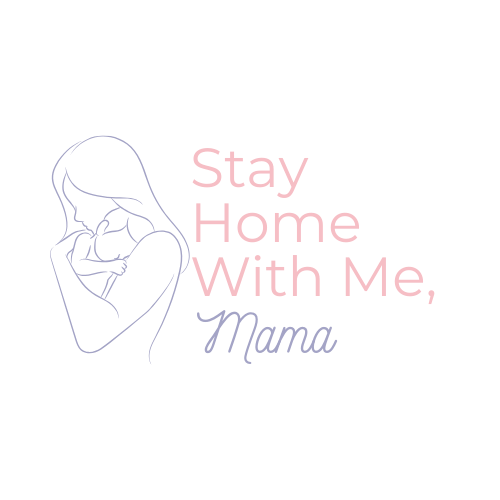
Postpartum should be a time of bliss while soaking in baby snuggles. However, a sharp drop in your hormones can cause the bliss to turn into the blues, then depression, with a little anxiety, and a side of rage.
1. Baby Blues
What is it?
The thing to remember about Baby Blues is that it is temporary. For the first few weeks after birth, your hormones fluctuate significantly. As a result, new mothers are prone to mood swings, fatigue, and appetite changes.
What do I do?
Self-care
Easy to say, but a challenge to do. I get it. While self-care means something different to everyone, it can include finally taking that shower you’ve been putting off, going for a walk with your baby, or taking a much-needed nap.
Support
Having support is everything. Your spouse, mom, or best friend can be your support. The important thing to remember is that your support is here to help. That may look different for different people. But it can include cooking meals, washing dishes, or doing laundry.
It may be difficult at the beginning to let others take care of your baby while you nap, shower, or do anything and that is normal! You’re the one who sets the boundary on what is considered “help.”
“This too shall pass”
The most important thing to remember is that “this too shall pass.” It may feel never-ending, you may feel like a little ball of emotions that hurts all over, but your body will heal, and you’ll get the hang of this. I believe in you.

2. Postpartum Depression
What is it?
If you’re “baby blues” do not get better and you’re in a fog, sleeping all the time, not wanting to eat, and feeling hopeless, you’re dealing with the larger monster called Postpartum Depression.
What do I do?
It’s time to seek outside help in managing your symptoms. It’s important to talk to your healthcare provider about options. They may suggest medication, therapy, or lifestyle changes. Things you can do before your appointment include exercise and healthy eating.

3. Postpartum Anxiety
What it is
After having a child, you will worry more, that’s a fact. That is normal. However, what is not normal is excessive worrying, like you’re consumed by it. Sometimes you’ll hyper-focus on certain fears while. Other fears can be vague; you’re not sure where the danger is, but you’re sure it’s there.
 What to do
What to do
It’s important to bring up these feelings with your healthcare provider immediately. While Postpartum Anxiety is relatively common, these feelings are not normal. To help, your provider may suggest Cognitive Behavior Therapy (CBT). Through this, you’ll be able to adopt healthier thought patterns by unlearning your negative thoughts. Sometimes, medication can be used to help with Postpartum Anxiety too.

4. Postpartum Rage
What it is
After having a baby, you might feel intense amount of rage, agitation, and frustration. This can cause you to lash out at those you love, yelling at your baby or your spouse. It’s normal to feel intense bouts of emotions as your hormone levels change.

What to do
Recognize your triggers, take a deep breath, and seek support. When experiencing a bout of frustration, it’s always a good idea to set the baby down first, then take a deep breath. It always helps me to clench and unclench my fists.

These are all normal feelings, but if you’re experiencing scary thoughts and think about harming yourself or your baby, call 911 and get the care you so deserve.

